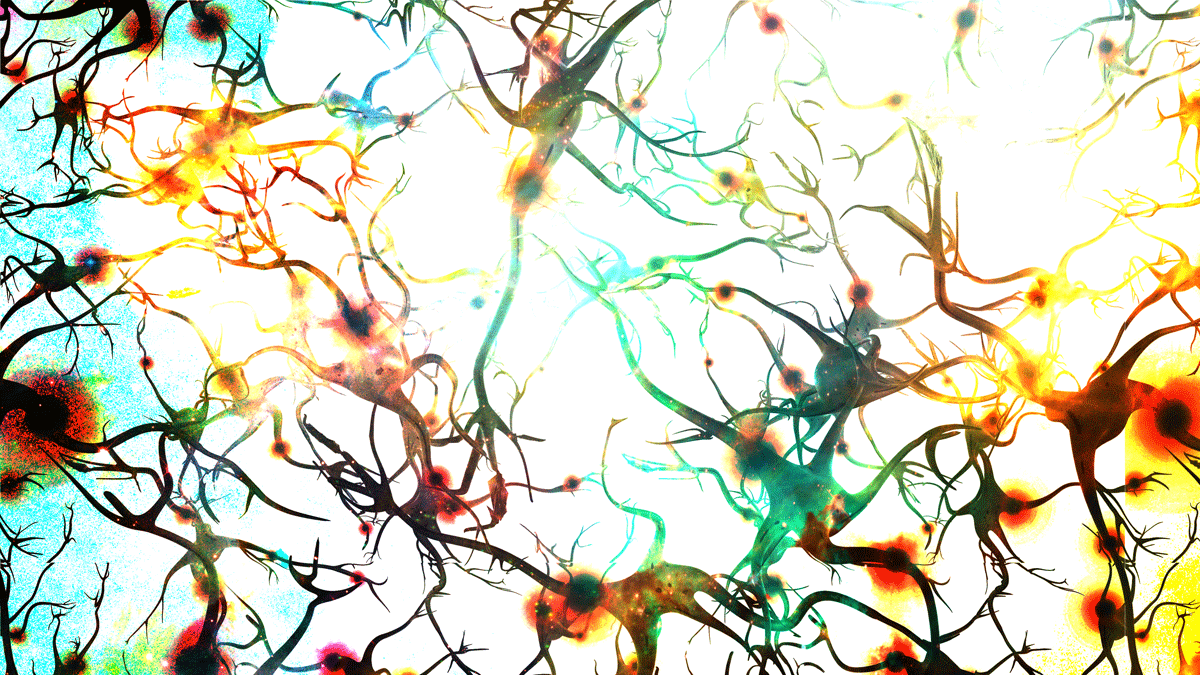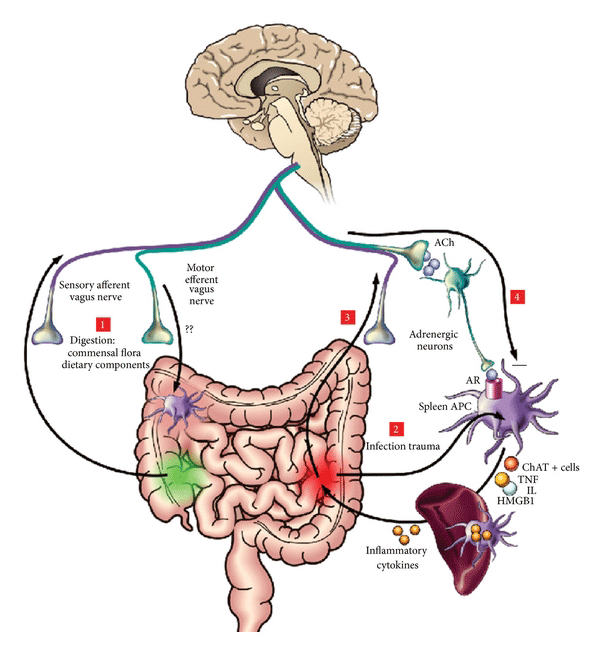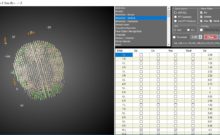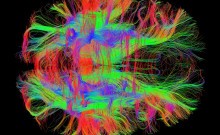Consider for example that the Enteric Nervous System (the the nerves controlling the digestive system), contains a similar number of neurons as the spinal cord, is influenced by projections from two major branches of the central nervous system (CNS) known as sympathetic and the parasympathetic systems (the fight-flight reactions), and secrets a large number of chemicals including a potent immune modulator and stress hormone called norepinephrine. Further more, these nerves make connections with lymph nodes with junctions approximately 6 nm wide, in contrast to a typical CNS juction that is approximately 20 nm wide. The brain therefore is in constant communication with the Gut through what is known as the brain-gut axis.
Apart from direct interaction between nerves and immune cells, stress-induced changes to the bacteria in the intestine affects the brain and behavior. The hallmark of all autoimmune conditions is inflammation and studies suggest that inflammatory cytokines (chemicals induced by different microbes) disrupt brain neurochemistry and make people more vulnerable to anxiety and depression, possibly explaining the observation that relatively more of IBD or IBS patients also suffer from anxiety and depression.
An example of how the gut bacteria affects behavior is given recently in elegantly performed mouse model experiment. BALB/C and NIH Swiss mice, for instance, differ greatly in their natural behavior; BALB/C mice are averse, cautious, and less exploratory, while NIH Swiss mice display a high exploratory drive. It is shown that these behavioral treats are totally determined by the gut bacteria, as one mice colonized with bacterial flora from the other’s gut exhibited a behavior profile similar to the donor.
Viewed with this understanding it is clear then that autoimmune conditions essentially have a neurological and hormonal causation. That is exactly why they respond best to integrative natural approaches much better that single minded drug therapy. It is no wonder then that the etiology (causation) and the remission (healing) of almost all autoimmune disease is tightly connected to how we perceive stress and deal with it, and also the foods we eat.
Find out More about the connection between Depression and Autoimmune Reactions or Irritable Bowel Disease and Mood Disorders







cheap oakley sunglasses
September 17, 2015 3:25 amThanks a lot for sharing!